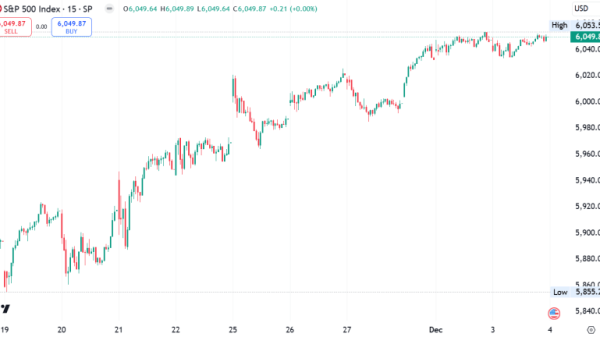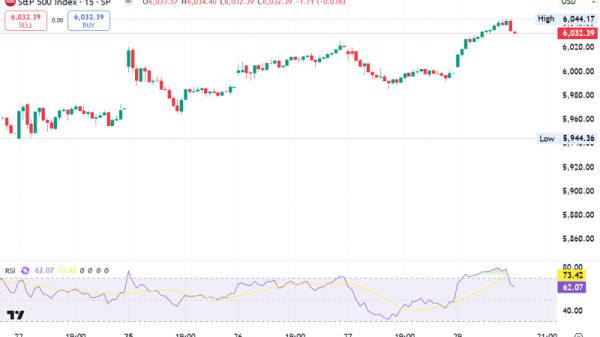SHANGHAI (Reuters) – China is widely expected to leave its benchmark lending rates unchanged on Wednesday, a Reuters poll showed, as rate cuts a month earlier squeeze banks’ profitability and the yuan comes under fresh pressure as Donald Trump returns to the White House.
Beijing has announced a series of stimulus steps since late September, ranging from monetary easing, to fiscal measures and property market support, in an attempt to pull the economy out of a deflationary funk and back towards the government’s growth target.
In October, Chinese lenders slashed lending benchmarks by bigger-than-expected margins to revive economic activity.
But with Trump’s re-election, some analysts say policymakers in Beijing may now prefer to keep their powder dry, refraining from further strong moves until he takes office in January and reveals more clues on his policy intentions.
The loan prime rate (LPR), normally charged to banks’ best clients, is calculated each month after 20 designated commercial banks submit propose rates to the People’s Bank of China (PBOC).
In a Reuters survey of 28 market watchers conducted this week, all respondents expected both the one-year and five-year LPRs to remain steady.
“LPRs were lowered so sharply in October, so it is unlikely to have another cut this month,” said a trader at a Chinese bank.
“We may first wait and see the impact of the policy in the short term.”
As part of his pitch to boost American manufacturing during the recent election campaign, Trump said he will impose tariffs of 60% or more on goods from China. The proposed tariffs, as well as other policies such as tax cuts, are seen as inflationary and likely to keep U.S. interest rates relatively high in a blow to currencies of trading partners.
China’s yuan has already lost about 1.8% against the dollar since the Nov. 5 U.S. election. [CNY/]
“Aside from the tariff threat, the recent upward repricing of U.S. rates is surely causing some headaches in Beijing, as it limits space for monetary easing in China at a time when the economy is trying to get back on its feet,” said Roman Ziruk, senior market analyst at Ebury, said in a note.
“Changes to the medium-term lending facility (MLF) or LPR rates are probably not on the cards in the coming days.”




































